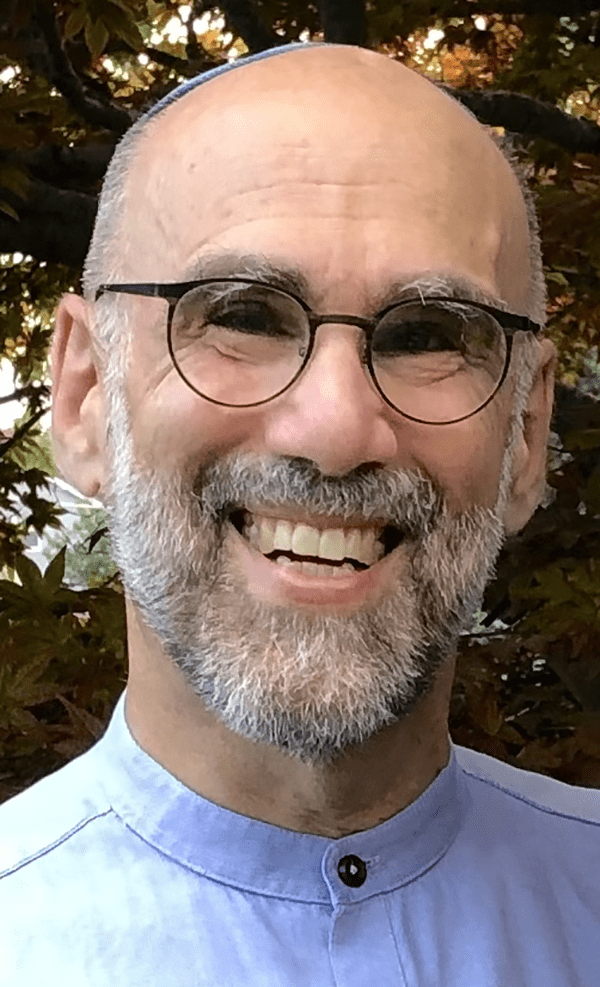Makin’ Matza!
My recent posts...
Selling Chametz
Even if you don’t keep a kosher kitchen, and/or you don’t “convert” your kitchen for Pesach, there is still spiritual value in selling your chametz: You are engaging with myriad Jews worldwide in a practice that can be traced back to Torah and, if you include a donations to “ma’ot chitin,” you are enabling those in need to more fully celebrate Pesach.
A Few Things About Pesach (With lots of links)
There is a wealth of information about Pesach (and the challenges of this year) at Exploring Judaism.org.
Omer 5785
My recent posts...
Maybe The Smaller Things…
On November 1, 2005, the United Nations General Assembly adopted a resolution designating January 27 as International Holocaust Remembrance Day. The UN urges every member state to honor the six million Jewish victims of the Holocaust and millions of other victims of Nazism and to develop educational programs to help prevent future genocides.
According to the United Nations web site (see below), the UN Outreach Programme has organized special events, film screenings, academic papers, information materials, partnerships with intergovernmental organizations and other initiatives, in order to encourage awareness and remind the world of the threat posed to us all when genocide and crimes against humanity are allowed to occur.
Today, on the anniversary of the liberation of Auschwitz-Birkenau, the perhaps most notorious — and iconic — Nazi concentration camp, the world is called upon to remember the Holocaust, to denounce denial of the veracity of its being, and to act to prevent a similar occurrence.
Noble aspirations all, at which the world has not succeeded very well so far.
Nearly twenty years after that resolution, there is still widespread lack of awareness of the monumental mass murder of millions of our people and others. Denial, apathy, Jew-hatred and ignorance are some of the reasons that so many seem to know so little about a period that looms so large in our lives.
Looking at actual and threatening changes to governance in any number of countries (including Israel) make me feel that Auschwitz liberation day might not be the most appropriate day for an international Holocaust commemoration. Perhaps it would be more fitting to tie an international day of Holocaust remembrance to earlier signs of the coming cataclysm.
For example, on March 22, 1933, the first prisoner transports arrived at Dachau, the first of what was to become thousands of incarceration, concentration, labor or death camps established by the Nazis and their collaborators.
Or, September 15, 1935, when the Nuremberg Race Laws were enacted, codifying the “otherness” of Jews and other “non-Aryans.”
Or, May 20, 1940, when the first prisoners (not yet specifically Jews) arrived at Auschwitz.
Or, September 3, 1941, when the first convoy of Jews arrived; they were murdered that day.
Too many dates, I suppose, could “qualify” as appropriate. We know that historical oppression and worse often begins with small things. There might be more impact and meaning in commemorating one of those smaller moments rather than — or along with — the storied allied liberation of the most notorious death camp.
Whenever and wherever it is done, would that remembrance of the Holocaust lead to condemnation and eradication of “religious intolerance, incitement, harassment or violence against persons or communities based on ethnic origin or religious belief.”


